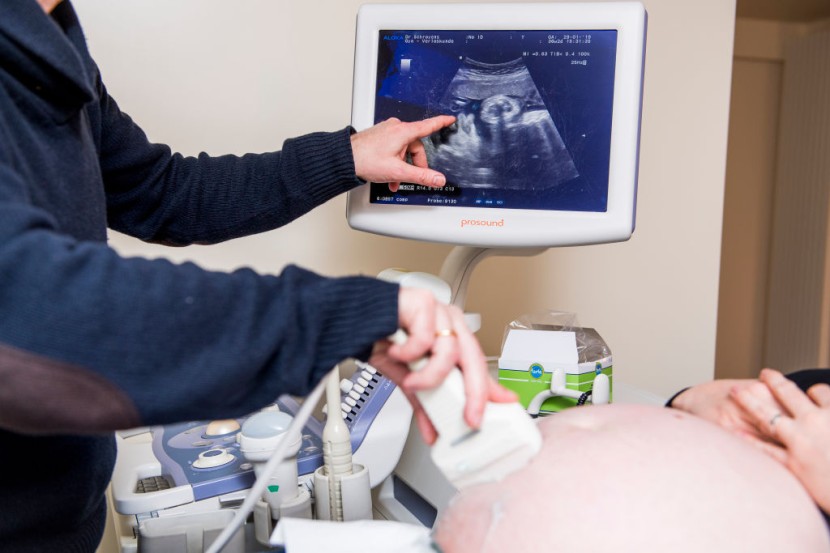Air pollution is believed to have affected male babies' reproductive system. This alarming finding was revealed by a new study conducted by researchers from Rutgers University.
Involved scientists made efforts to see if nitrogen oxide and the particulate matter called 2.5, aka PM2.5, affect the distance between the babies' genitals and anus.

Based on their findings, the particulate matter and the gas shorten the anogenital distance in developing fetuses and newborns. Because of this, they believe that prenatal exposure to air pollutants can affect the reproductive systems of male babies, leading to long-term effects once they are adults.
Air Pollution Allegedly Affects Male Babies' Reproductive System
The Guardian reported that the anogenital distance is a marker of various reproductive health issues, such as lower semen quality, fertility problems, and lower hormone levels.
Now, the new Rutgers University study revealed that air pollution and the anogenital distance are actually linked to each other. Before conducting the study, researchers already suspected that air pollution and anogenital distance are linked because this is the case in animal studies.
After they compared the Infant Development and Environment Study (TIDES) data to the air pollution levels of several residential neighborhoods, they discovered that the health issues and the air pollution levels are correlated.
"This is a public health issue that impacts all of us and there should really be a nationwide and worldwide effort to reduce air pollution," warned Prof. Emily Barrett from the Rutgers School of Public Health.
Their new study comes as concerns over the men's decreasing semen quality and concentration happen across the globe. Recent studies even revealed that sperm concentration already dropped by more than 50% in the past decades.
Read Also : New Study Blames Smartphones for Declining Sperm Counts-Here's What Researchers Discovered
What Pregnant Women Can Do

If pregnant women don't want their male babies to have reproductive issues in the future, the best thing they can do is to limit their exposure to air pollution during pregnancy.
Tommys.Org provided some tips that mothers can follow to reduce their air pollution exposure during pregnancies:
- Make sure to have good air ventilation at your home.
- Instead of using wood-burning stoves, rely on electrical stoves for the meantime.
- Avoid going near people who are smoking, even if they are your husband.
- Ask family members who smoke cigarettes to go outside when they need to smoke.
- If you need to exercise, do it inside your residence as much as possible.
- Wear a face mask if you need to go outside, especially when you are walking on the streets.
© 2026 HNGN, All rights reserved. Do not reproduce without permission.








